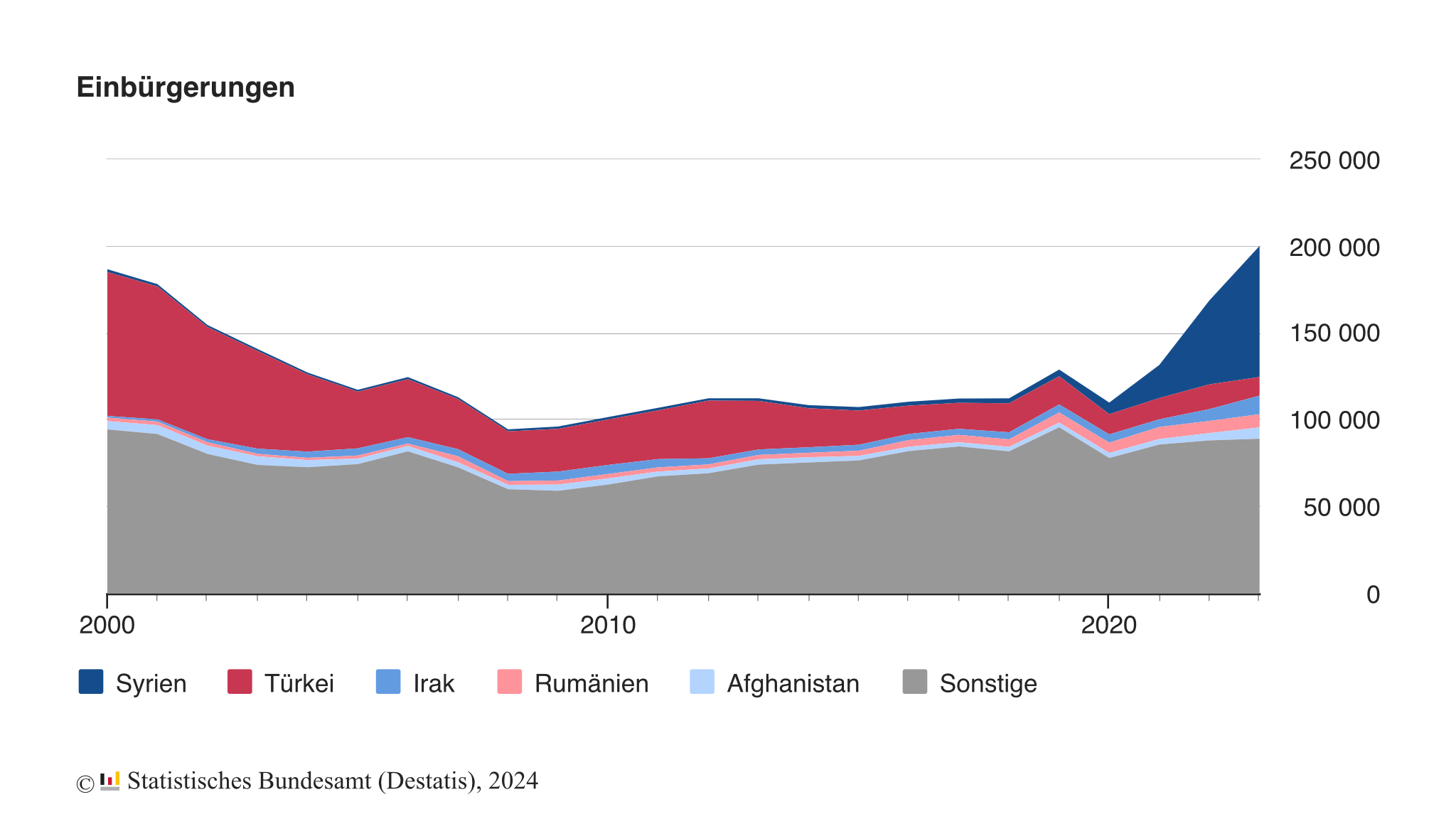Germany, the heart of Europe, beckons international residents with its robust economy, rich cultural tapestry, and stunning landscapes. From the snow-capped peaks of the Bavarian Alps to the bustling harbors of Hamburg, Germany offers a diverse range of cities, each with its own unique character and charm. But with so many options, choosing the perfect place to call home can feel overwhelming. Fear not, intrepid explorer! This comprehensive guide delves into the top contenders, helping you navigate this exciting decision.

Understanding Your Priorities: Unpacking Your German Dream
Before embarking on your German odyssey, it’s crucial to identify your priorities. What kind of lifestyle are you seeking? Here are some key factors to consider:
- Career Aspirations: Are you a finance wiz drawn to Frankfurt’s banking district, or a tech whiz yearning for Berlin’s startup scene? Germany boasts a strong economy with opportunities across various sectors. Identifying your field of expertise will help narrow down your city choices.
- Cost of Living: From the relative affordability of Leipzig to the premium rents of Munich, Germany’s cost of living varies significantly. Determine your budget and research average living expenses like housing, transportation, and food in different cities.
- Cultural Cravings: Are you an art aficionado yearning for Berlin’s vibrant museums, or a history buff captivated by Nuremberg’s medieval allure? Each German city boasts its own cultural gems. Knowing your preferences will steer you towards a city that nourishes your soul.
- Social Scene: Do you envision yourself in a bustling metropolis teeming with international residents, or a more intimate community with a strong sense of belonging? Consider your desired level of social interaction and research the expat communities in various cities.
- Nature Connection: Do you crave the invigorating embrace of nature after a long workday? Cities like Freiburg, nestled in the Black Forest, or Munich, with its proximity to the Alps, offer an ideal blend of urban convenience and outdoor activities.
Demystifying the Top 7 German Cities for Expats
Now, let’s delve into the seven most popular German cities among international residents, offering a detailed breakdown of their unique personalities:
- Munich (Bayern): Bavaria’s capital is a powerhouse for finance and industry, boasting headquarters for renowned companies like BMW and Siemens. Career opportunities abound, particularly in engineering, automotive, and pharmaceuticals. Beyond work, Munich offers a vibrant cultural scene with world-class museums, opera houses, and the iconic Hofbräuhaus beer hall. Nature enthusiasts will find solace amidst the breathtaking Bavarian Alps, perfect for hiking, skiing, and soaking up breathtaking scenery. However, the allure of Munich comes with a price tag – it boasts the highest cost of living in Germany.
- Berlin (Berlin): Germany’s beating heart pulsates with an unparalleled creative energy. Renowned for its thriving art scene, legendary nightlife, and historical significance, Berlin is a magnet for those seeking a dynamic and diverse environment. From exploring the remnants of the Berlin Wall to indulging in the eclectic mix of bars and clubs in Prenzlauer Berg, Berlin offers a constant sensory overload. While accommodation costs have risen in recent years, Berlin remains a relatively affordable option compared to other major European capitals.
- Frankfurt (Hessen): Nicknamed “Mainhattan” for its impressive skyline, Frankfurt is a financial powerhouse and a global hub for banking and insurance. Expats in finance, legal, and business services will find a plethora of opportunities here. The city offers a cosmopolitan atmosphere with excellent museums, a renowned opera house, and the stunning Frankfurt Zoological Garden. While the city center boasts a vibrant atmosphere, some neighborhoods can be less glamorous. Day trips to the scenic Rhine Valley wine region add to the city’s appeal.
- Stuttgart (Baden-Württemberg): Nestled amidst Germany’s wine region and the Black Forest, Stuttgart offers a perfect blend of urban convenience and natural beauty. This car manufacturing hub is a haven for engineers and those seeking a dynamic yet family-friendly environment. Stuttgart boasts excellent schools, a thriving cultural scene with renowned museums and theaters, and a vibrant nightlife. The city also takes pride in its extensive network of parks and gardens, offering ample opportunities for relaxation and outdoor recreation.
- Hamburg (Hamburg): Embrace the maritime spirit in Hamburg, Germany’s second-largest city and a major port metropolis. This historical port city boasts stunning brick architecture, a thriving musical scene with its legendary Reeperbahn red-light district, and an abundance of canals offering scenic boat tours. While the weather can be unpredictable, with more rain than sunshine, Hamburg compensates with its undeniable charm, exciting nightlife, and a strong sense of community.
- Cologne (Nordrhein-Westfalen): Famed for its majestic Cologne Cathedral, the largest Gothic church in Northern Europe, and a reputation as Germany’s most LGBTQ+ friendly city, Cologne exudes a welcoming and celebratory atmosphere. The city boasts a thriving media industry and is a renowned center for Carnival festivities, with its colorful parades and exuberant celebrations attracting visitors worldwide. Cologne offers a vibrant nightlife scene, particularly along the Rhine River, and a diverse culinary scene with a strong emphasis on traditional Kölsch beer. Housing costs are generally lower than in Munich or Frankfurt, making Cologne an attractive option for budget-conscious expats.
- Düsseldorf (Nordrhein-Westfalen): Often referred to as Germany’s fashion capital, Düsseldorf is a haven for creative minds and those seeking a stylish lifestyle. Home to renowned luxury brands like Königsallee, Düsseldorf boasts a thriving art scene with contemporary galleries and the renowned Kunsthalle Düsseldorf museum. While Düsseldorf lacks the historical significance of some other German cities, it offers a vibrant cultural scene with opera houses and theaters, and a lively Altstadt (old town) perfect for exploring. The city also takes pride in its extensive network of green spaces, including the Hofgarten, offering a peaceful escape from the urban buzz. Expats working in the fashion, media, and advertising industries will find Düsseldorf to be a particularly attractive option.
Beyond the Big 7: Exploring Hidden Gems
While the seven cities mentioned above are popular choices for international residents, Germany boasts a multitude of charming alternatives that deserve your attention. Consider venturing beyond the well-trodden path and exploring hidden gems like:
- Leipzig (Saxony): A city steeped in history and culture, Leipzig is renowned for its beautiful architecture, vibrant music scene (home to Bach and Mendelssohn), and a thriving university atmosphere. The city boasts a lower cost of living compared to major German cities, making it an attractive option for budget-conscious expats.
- Dresden (Saxony): Nicknamed the “Florence of the Elbe” for its stunning Baroque architecture, Dresden offers a glimpse into Germany’s rich history. The city boasts world-class museums like the Gemäldegalerie Alte Meister and the Zwinger Palace, and a vibrant cultural scene with renowned orchestras and theaters. Dresden is undergoing a period of renewal after World War II destruction, offering a unique blend of historical charm and modern development.
- Freiburg (Baden-Württemberg): Nestled in the heart of the Black Forest, Freiburg is a haven for nature lovers and outdoor enthusiasts. The city boasts a car-free city center, excellent public transportation, and a strong commitment to sustainable practices. Freiburg offers a vibrant student atmosphere due to its prestigious university and a thriving cultural scene with theaters and museums.
- Nuremberg (Bavaria): Steeped in medieval history, Nuremberg is a city that breathes the past. Explore the iconic Nuremberg Castle, stroll through the charming Altstadt, and learn about the city’s complex history at the Documentation Center Nazi Party Rally Grounds. Nuremberg boasts a renowned Christmas market and a vibrant culinary scene, particularly known for its delicious gingerbread cookies (Lebkuchen).
Making the Leap: Practical Considerations for International Residents
Once you’ve identified your ideal German city, it’s time to delve into the practicalities of relocating. Here are some key considerations:
- Visas and Permits: Research the visa requirements for your nationality and the specific steps involved in obtaining a German residence permit.
- Learning German: While English is spoken in major German cities to some extent, learning basic German will significantly enhance your experience and integration into local life. Consider enrolling in a German language course before your move or upon arrival.
- Finding Accommodation: The housing market in Germany can be competitive, particularly in major cities. Start your search for apartments well in advance and familiarize yourself with the different types of housing options available, such as Wohnungen (apartments) and WGs (shared accommodations).
- Opening a Bank Account: Setting up a German bank account will simplify financial transactions like rent payments and utility bills. Research different banks and compare their services and fees.
- Health Insurance: Germany has a mandatory health insurance system. Research your options and choose a health insurance plan that suits your needs.
Embrace the Adventure: Integrating into German Life
Moving to a new country can be daunting, but it’s also an exciting opportunity for personal growth. Here are some tips to help you integrate into German life:
- Join Local Clubs and Groups: Connecting with people who share your interests can help you build a social network and feel more at home. Research local clubs and groups related to your hobbies or profession.
- Explore the City: Take advantage of your free time to explore your new city. Visit museums, parks, and historical landmarks.
- Immerse yourself in the local culture and discover hidden gems. Wander through local markets, sample traditional German cuisine, and attend cultural events.
- Learn about German Customs and Traditions: Understanding German etiquette and social norms will help you navigate everyday interactions. Research topics like greetings, punctuality, and table manners.
- Embrace the Language: Even with basic German skills, locals will appreciate your effort to communicate. Don’t be afraid to make mistakes – embrace them as learning opportunities.
- Be Patient: Building a new life takes time. Adjust to the pace of life in Germany, which can be slower than in some other countries. Embrace the opportunity to slow down and appreciate the finer things.
The Final Takeaway: Your German Adventure Awaits
There’s no single “best” city in Germany. The ideal location hinges on your individual preferences and priorities. Utilize this guide as a springboard for your research, keeping an open mind to exploring cities beyond the usual suspects.
Embrace the adventure of discovering your perfect German home. Germany awaits with its vibrant culture, stunning landscapes, and the warmth of its people. Whether you seek bustling cityscapes or charming historical towns, Germany offers a unique and enriching experience for international residents. So, pack your bags, unleash your inner explorer, and embark on your German adventure!


